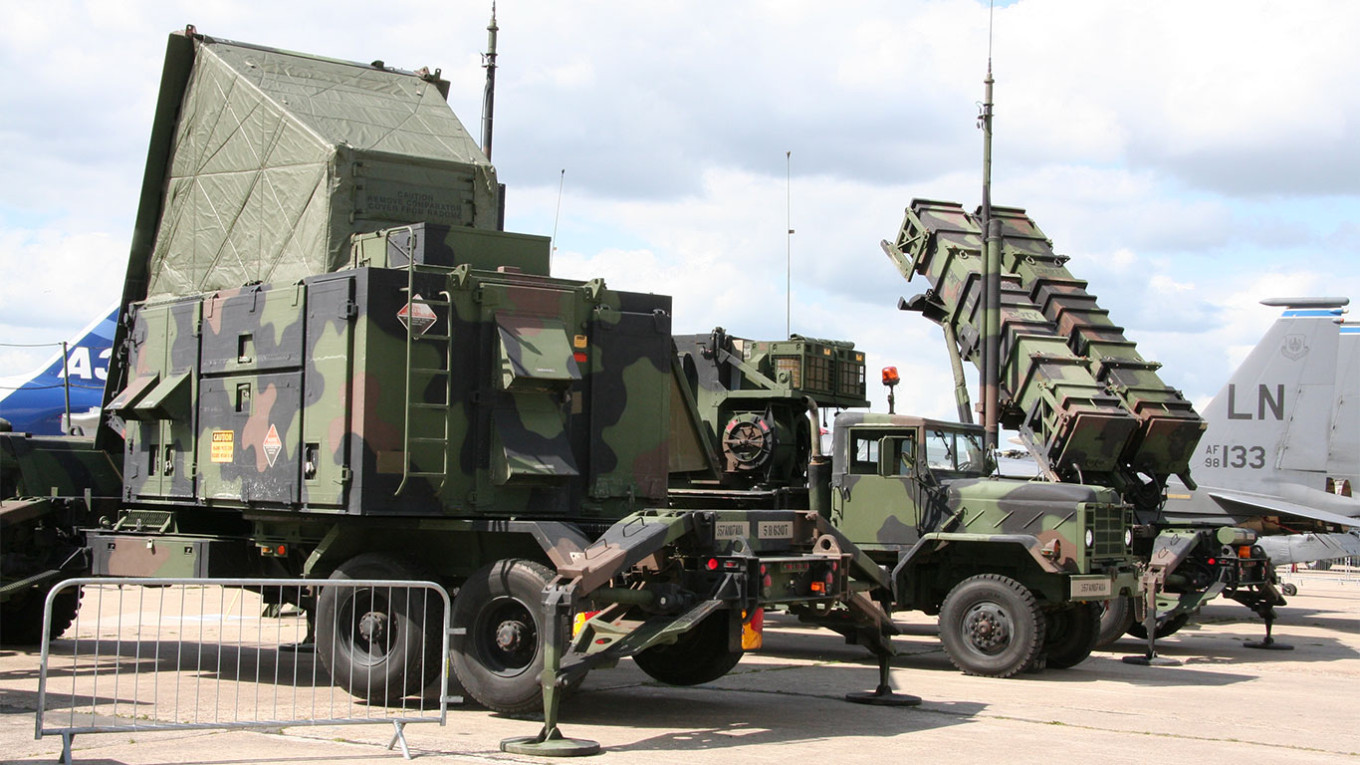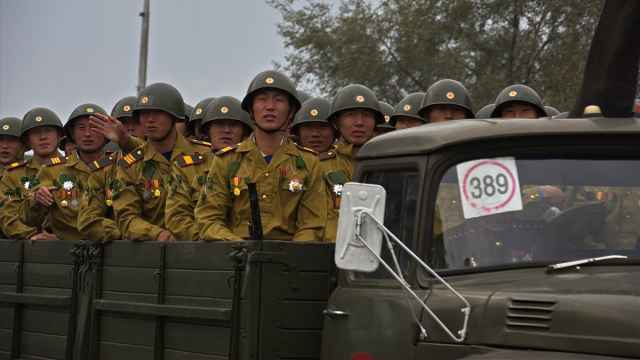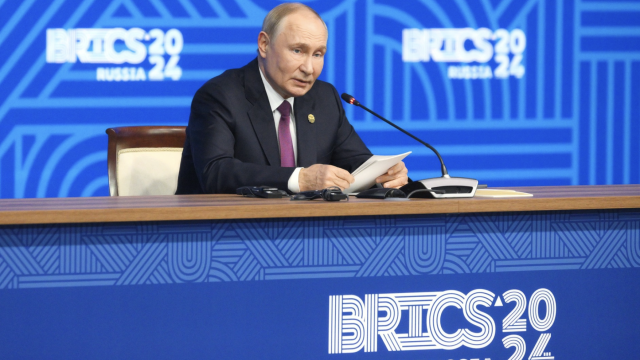The Pentagon is finalizing plans to send Patriot missile batteries that can shoot down incoming missiles to Ukraine, U.S. media reported Tuesday.
As Russia has ramped up missile strikes on key Ukrainian infrastructure, the administration of President Joe Biden could announce the deployment as early as this week, U.S. officials told The New York Times and CNN.
Ukraine's air defenses have played a key role during Russia's invasion, but with Moscow stepping up strikes on energy infrastructure as it faces growing losses on the ground, Kyiv has repeatedly pressed other countries — especially the United States — for the Patriot system.
The U.S. Army describes Patriot — which consists of multiple parts including a radar, a control station, power generating equipment and up to eight launchers — as its "most advanced air defense system."
While dozens of personnel are assigned to a battery, only three are required to operate it in combat.
The U.S. Army's first Patriot battalion was activated in 1982, but the system was not used in combat until 1991 during Operation Desert Storm, the international air and ground offensive against Iraqi forces who had invaded Kuwait.
Patriot has intercepted more than 150 ballistic missiles in combat since 2015, and has also undergone more than 3,000 ground and 1,400 flight tests, primary contractor Raytheon says.
When Russia invaded in February, Ukraine's air defenses largely consisted of Soviet-era planes and missile systems, which Kyiv used effectively to deny Moscow air superiority.
They have since been significantly augmented: the United States provided NASAMS and Germany offered IRIS-T — two advanced systems — while older equipment such as the S-300 and HAWK systems and Stinger missiles have also been donated.
A Message from The Moscow Times:
Dear readers,
We are facing unprecedented challenges. Russia's Prosecutor General's Office has designated The Moscow Times as an "undesirable" organization, criminalizing our work and putting our staff at risk of prosecution. This follows our earlier unjust labeling as a "foreign agent."
These actions are direct attempts to silence independent journalism in Russia. The authorities claim our work "discredits the decisions of the Russian leadership." We see things differently: we strive to provide accurate, unbiased reporting on Russia.
We, the journalists of The Moscow Times, refuse to be silenced. But to continue our work, we need your help.
Your support, no matter how small, makes a world of difference. If you can, please support us monthly starting from just $2. It's quick to set up, and every contribution makes a significant impact.
By supporting The Moscow Times, you're defending open, independent journalism in the face of repression. Thank you for standing with us.
Remind me later.






